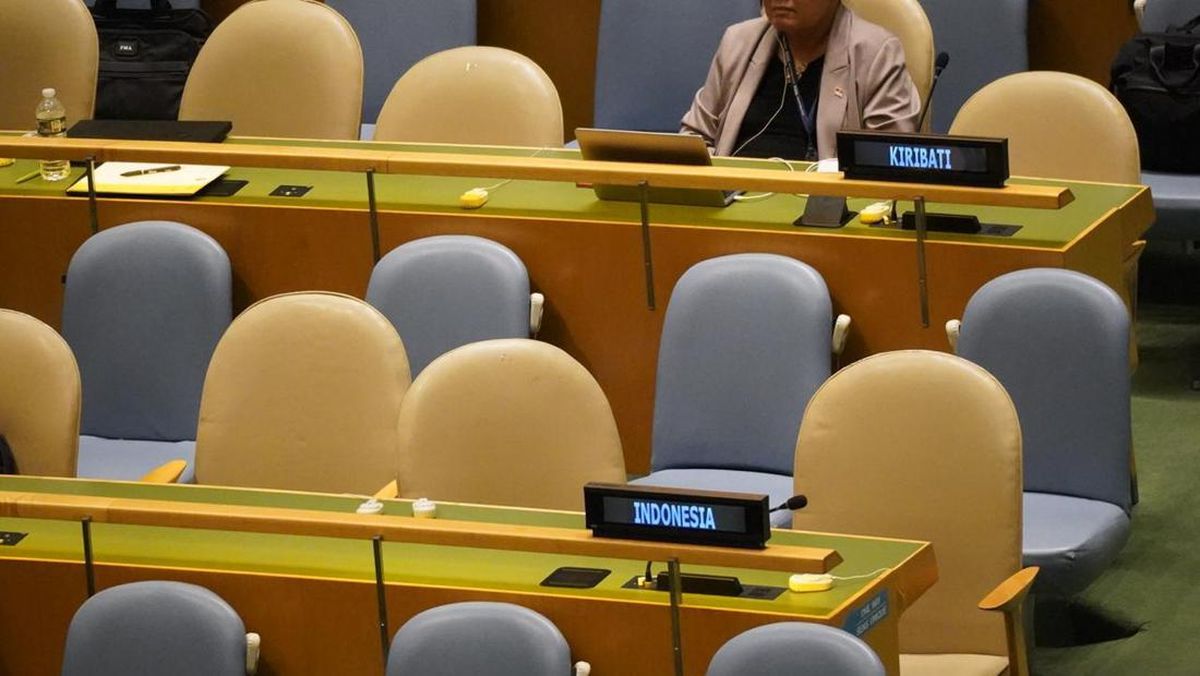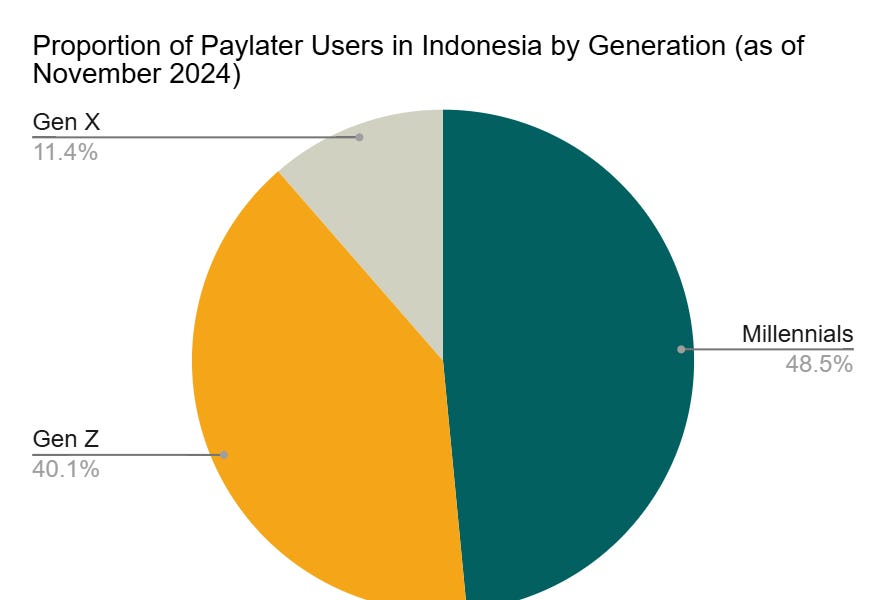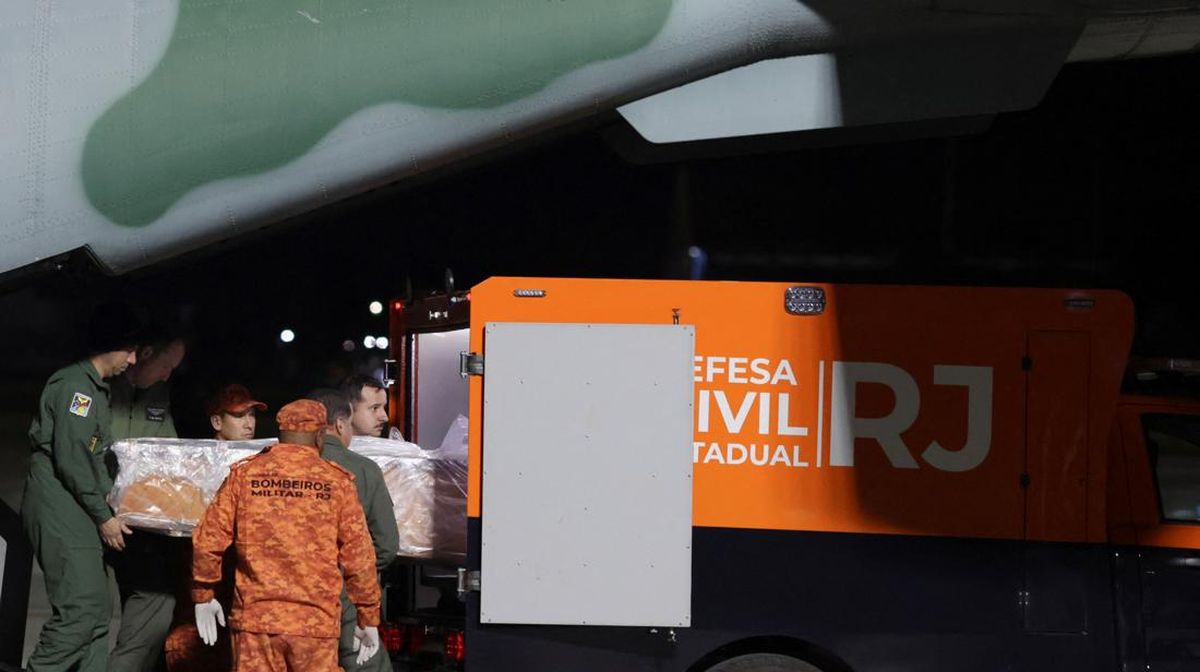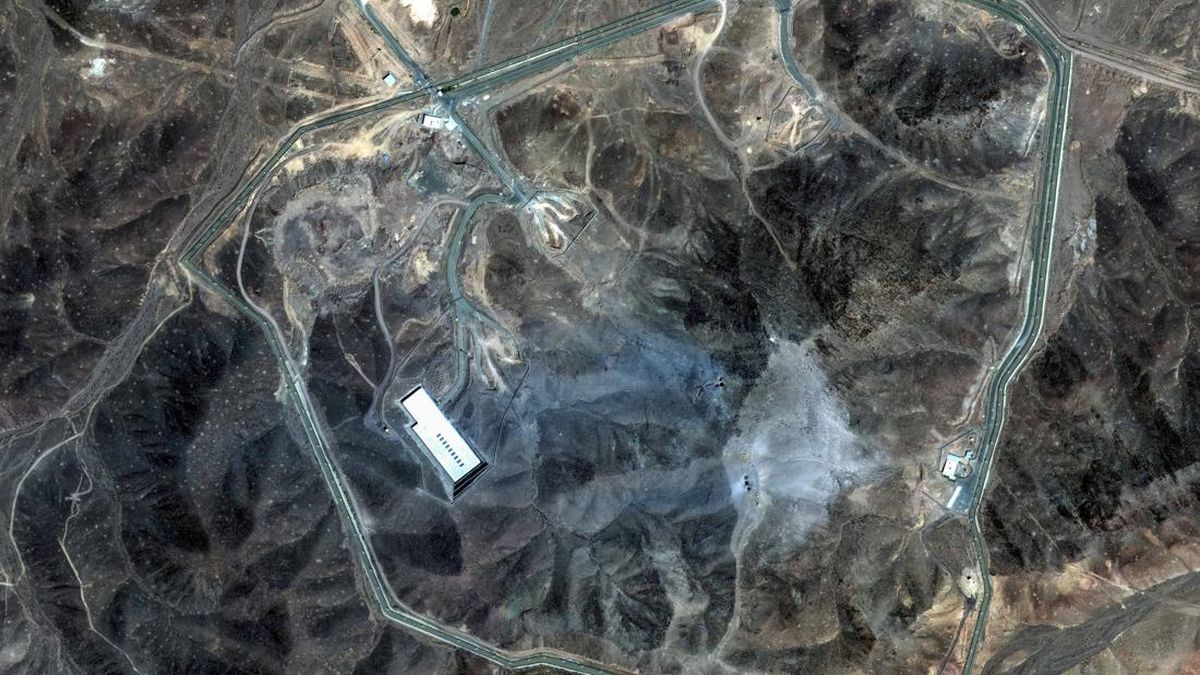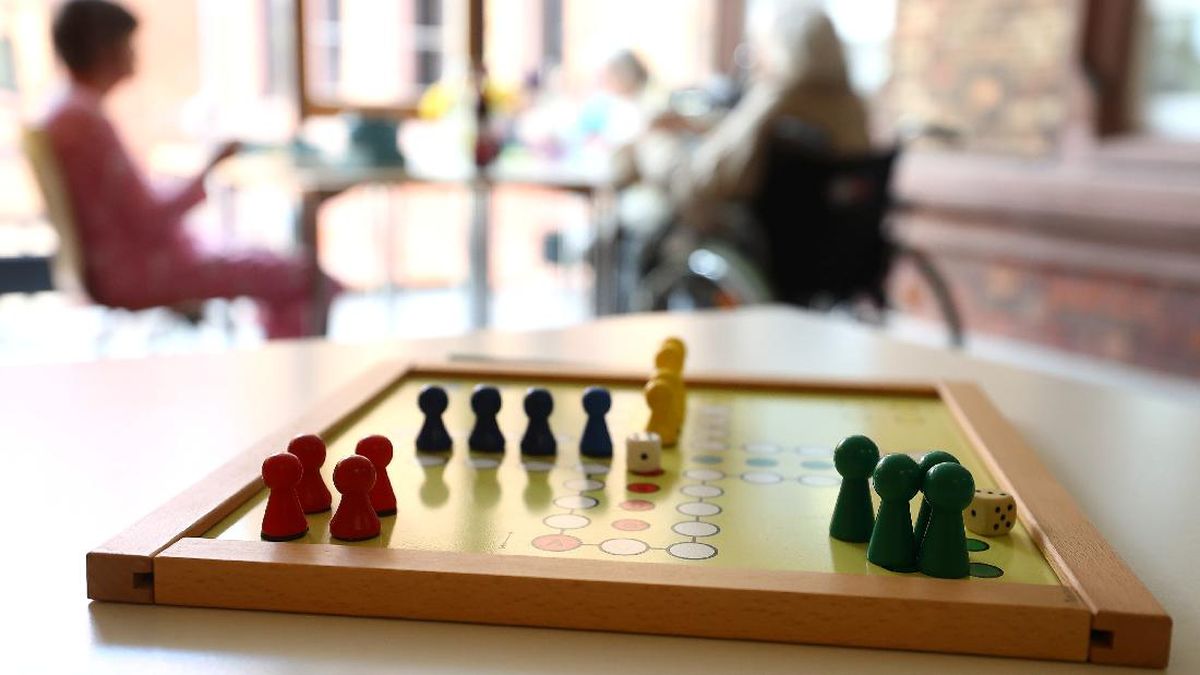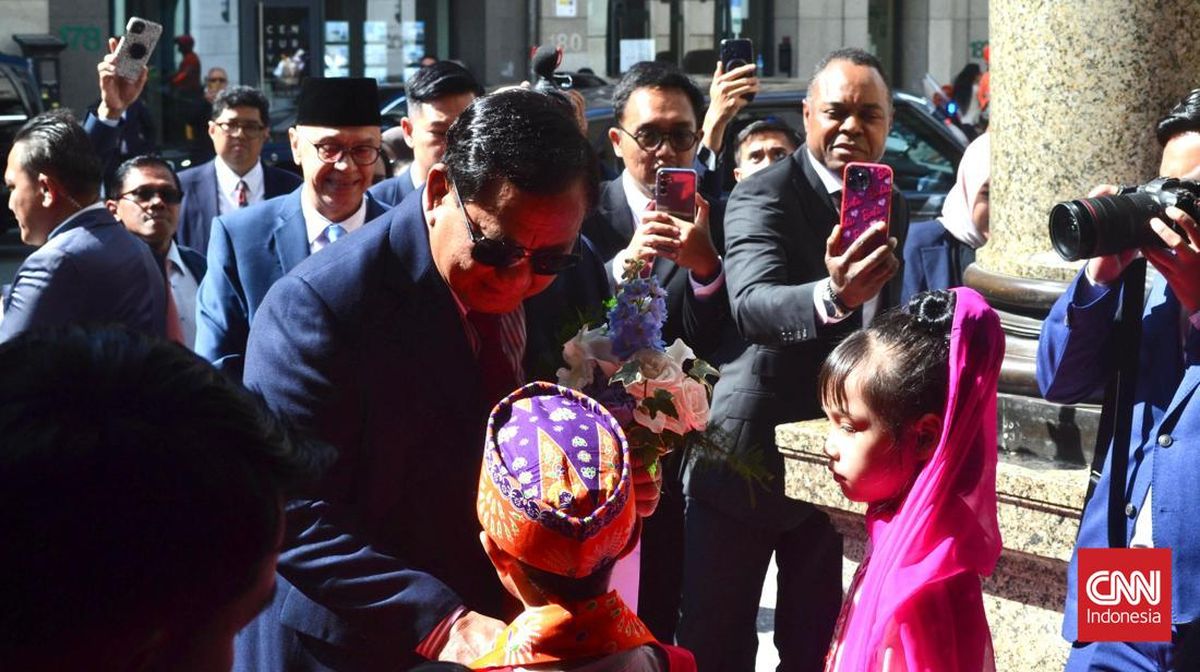The newly-formed Justice Fleet has suspended contact with Libya’s Joint Rescue Coordination Centre, which it says ‘coordinates’ the violent acts committed by the Libyan coastguard towards asylum seekers and refugees.
Published On 5 Nov 2025
More than a dozen European search and rescue organisations have announced the formation of a new alliance and suspended cooperation with their Libyan counterpart in response to what they say are years of ill-treatment of refugees and asylum seekers making the perilous journey across the Mediterranean to Europe.
The 13-member alliance, which includes organisations from Germany, France, Spain and Italy, announced on Wednesday the creation of the Justice Fleet, whose mission will be to “uphold human rights and international maritime law”, according to a press release from NGO SOS Humanity, part of the new alliance.
Recommended Stories
list of 3 items- list 1 of 3At least 26 refugees and migrants die in shipwreck off Italy’s Lampedusa
- list 2 of 3Is suspending asylum requests the right way to curb immigration?
- list 3 of 3At least 60 people ‘feared dead’ after shipwrecks off the coast of Libya
The Justice Fleet also announced that it is “ending operational communication” with Libya’s Joint Rescue Coordination Centre (JRCC) in Tripoli after “years of escalating human rights violations” against asylum seekers and refugees travelling by sea.
“The JRCC Tripoli, which coordinates the violence by the so-called Libyan Coast Guard, cannot be regarded as a competent authority,” read the press release.
“We have never recognised these actors as a legitimate rescue authority — they are part of a violent regime enabled by the European Union,” said Ina Friebe, spokesperson of Compass Collective.
“Now we are increasingly being pressured to communicate with exactly these actors. This must stop. Ending all operational communication with the so-called Libyan Rescue Coordination Centre is both a legal and moral necessity — a clear line against European complicity in crimes against humanity.”
The Libyan coastguard has committed at least 60 violent maritime incidents between 2016 and September 2025, according to a recent report by the NGO Sea-Watch – also part of the new alliance – which notes that the true number is likely much higher. Incidents include shooting at boats carrying refugees and asylum seekers, abandoning people at sea and hindering rescue operations.
At least 2,452 people died or went missing in the Mediterranean Sea last year, according to the International Organization for Migration (IOM), making it one of the deadliest routes for refugees.
Libya, home to about 867,055 asylum seekers and refugees, has emerged as a transit route for those trying to reach Europe since the fall of its leader, Muammar Gaddafi, in 2011.
During Gaddafi’s rule, Africans found work in the oil-rich country. But since his ousting, Libya has been mired in armed conflict among rival militias.
In August, at least 27 people died after two boats sank off the southern Italian island of Lampedusa, while in June, at least 60 refugees and migrants were feared missing and drowned at sea after two shipwrecks off the coast of Libya.
Rights groups and United Nations agencies have documented systematic abuse against refugees and migrants in Libya, including torture, rape and extortion.
In recent years, the EU has stepped up efforts to reduce such migration, including by providing equipment and financial support to the Libyan coastguard, a quasi-military organisation linked to militias accused of abuses and other crimes.
NGOs say the phasing out of state-run search and rescue operations has made journeys across the Mediterranean Sea more dangerous.
As a result, many people fleeing conflict and persecution have found themselves stranded in Libya, often held in detention in conditions that rights groups describe as inhumane.

 2 hours ago
2
2 hours ago
2



























